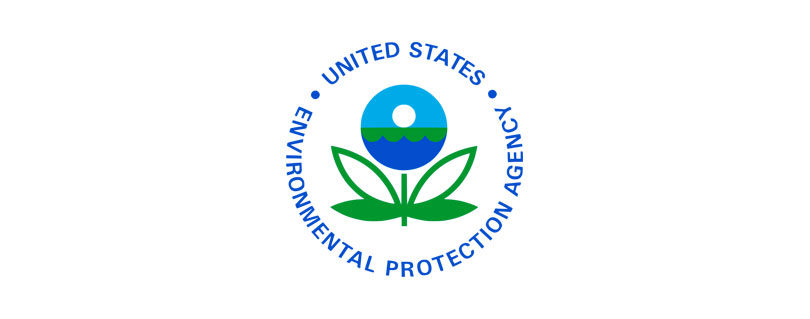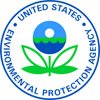Biden-Harris Administration Announces $33M in Bipartisan Infrastructure Law Funding to Address Emerging Contaminants like PFAS in Drinking Water in Washington
Publilshed by the U.S. Environmental Protection Agency (EPA)
WASHINGTON (Feb. 16, 2023) – Today, the U.S. Environmental Protection Agency (EPA) announced $33,524,000 from President Biden’s Bipartisan Infrastructure Law to address emerging contaminants, like Per- and Polyfluoroalkyl Substances (PFAS) in drinking water in Washington. This investment, which is allocated to states and territories, will be made available to communities as grants through EPA’s Emerging Contaminants in Small or Disadvantaged Communities (EC-SDC) Grant Program and will promote access to safe and clean water in small, rural, and disadvantaged communities while supporting local economies.
Administrator Michael S. Regan announced the availability of $2 billion Monday.
“Washingtonians deserve clean, safe drinking water,” said EPA Region 10 Administrator Casey Sixkiller. “Thanks to this historic investment from the Bipartisan Infrastructure Law, EPA is delivering on its commitment to address PFAS and emerging contaminants by providing more than $33 million to safeguard Washington’s drinking water and protect communities from these dangerous chemicals.”
“There are several communities in Washington impacted by PFAS contamination of groundwater sources. This funding will benefit communities across the state by providing water quality testing for PFAS and other emerging contaminants, as well as source water treatment for water systems contaminated through no fault of their own,” said Lauren Jenks, Assistant Secretary, Environmental Public Health Division, Washington State Department of Health.
The Bipartisan Infrastructure Law invests $5 billion over five years to help communities that are on the frontlines of PFAS contamination reduce PFAS in drinking water. EPA announced the funds for Washington as part of an allotment of $2 billion to states and territories that can be used to prioritize infrastructure and source water treatment for pollutants, like PFAS and other emerging contaminants, and to conduct water quality testing.
EPA is also releasing the Emerging Contaminants in Small or Disadvantaged Communities Grant Implementation document. The implementation document provides states and communities with the information necessary to use this funding to address local water quality and public health challenges. These grants will enable communities to improve local water infrastructure and reduce emerging contaminants in drinking water by implementing solutions such as installing necessary treatment solutions.
Today’s actions represent a significant milestone within the Biden-Harris Administration’s commitments to combat PFAS pollution and safeguard drinking water, and specifically EPA’s October 2021 PFAS Strategic Roadmap. Under the Roadmap, EPA is working across the agency to protect the public from the health impacts of PFAS. EPA has taken a number of actions to deliver progress on PFAS including:
- Proposing to designate two PFAS as CERCLA hazardous substances. If finalized, this will be a critical step toward increasing transparency around releases of PFAS and holding polluters accountable for cleaning up their contamination.
- Releasing drinking water health advisories. Acting in accordance with EPA’s mission to protect public health and keep communities and public health authorities informed when new science becomes available, the Agency issued drinking water health advisories for four PFAS.
- Laying the foundation to enhance data on PFAS. This included an order under EPA’s National PFAS Testing Strategy requiring companies to conduct PFAS testing, and nationwide sampling through the Unregulated Contaminant Monitoring Rule for 29 PFAS in public drinking water systems.
- Expanding the scientific understanding of PFAS. The Agency issued more than 30 scientific publications by EPA researchers and released EPA’s PFAS Thermal Treatment Database.
- Translating the latest science into EPA’s cross-agency PFAS efforts. This included updating EPA’s contaminated site cleanup tables, developing new PFAS methods and conducting toxicity assessments, and issuing draft national recommended water quality criteria to protect aquatic life.
- Continuing engagement with the public. EPA’s PFAS work was informed by public webinars, stakeholder meetings, Congressional testimony, and engagement with EPA’s federal advisory committees.
In addition to this new grant, EPA is also working to propose a PFAS NPDWR in the coming weeks. The draft proposed rule is currently undergoing interagency review and EPA will issue the proposed rule for public comment when it clears the Office of Management and Budget (OMB). The agency anticipates finalizing the rule by the end of 2023. Together, with today’s announcement, these actions highlight EPA’s commitments outlined in the PFAS Strategic Roadmap to protect public health and the environment from the impacts of PFAS. They also illustrate the benefits of investing in water—protecting public health and the environment, addressing key challenges facing communities, and creating jobs.
Read the full article at: https://www.epa.gov/newsreleases/biden-harris-administration-announces-33m-bipartisan-infrastructure-law-funding



